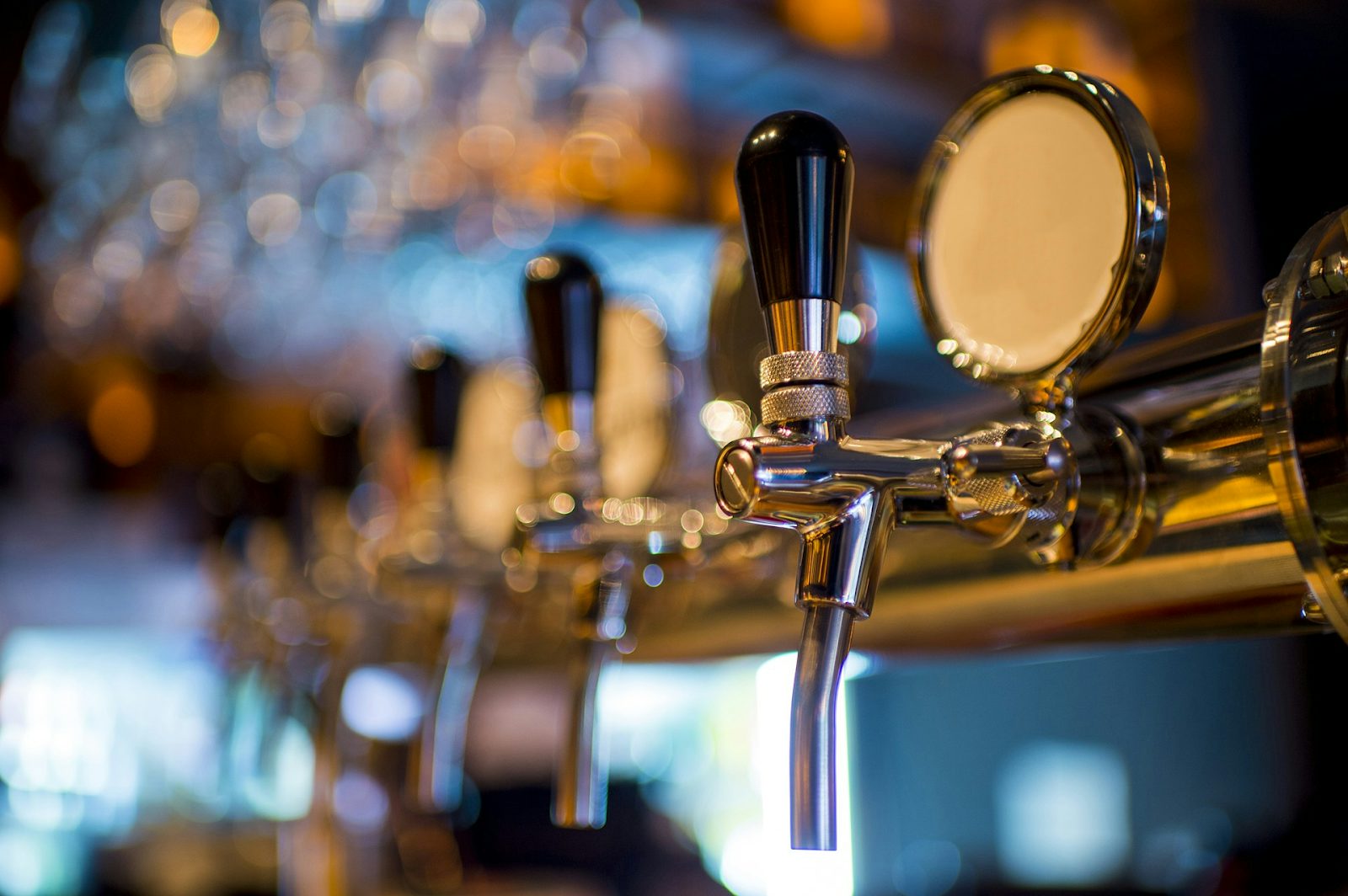
Driving under the influence of alcohol is illegal and will incur substantial penalties. Alcohol affects your driving skills significantly and as a consequence increases crash risk - in fact, drink driving is one of the leading causes of road fatalities.
What is BAC?
Blood Alcohol Concentration (BAC) is a measure of the amount of alcohol in your blood. BAC is the number of grams of alcohol per 100 millilitres of blood. (0.05 BAC = 0.05 grams alcohol/100 ml of blood).
What’s the BAC limit?
In England and Wales you MUST NOT drive with a breath alcohol level higher than 35 microgrammes/100 millilitres of breath or a blood alcohol level (BAC) of more than 80 milligrammes/100 millilitres of blood.
In Scotland the legal limits are lower. You MUST NOT drive with a breath alcohol level higher than 22 microgrammes/100 millilitres of breath or a blood alcohol level of more than 50 milligrammes/100 millilitres of blood.
Alcohol will reduce your driving ability, even if you’re below the legal limit
Driving under the influence of alcohol
The relative risk of crashing increases dramatically as your BAC increases - a BAC of 0.05 doubles the risk of crashing. Remember that alcohol stays in your system for a while and that many drivers test above 0 BAC the morning after drinking.
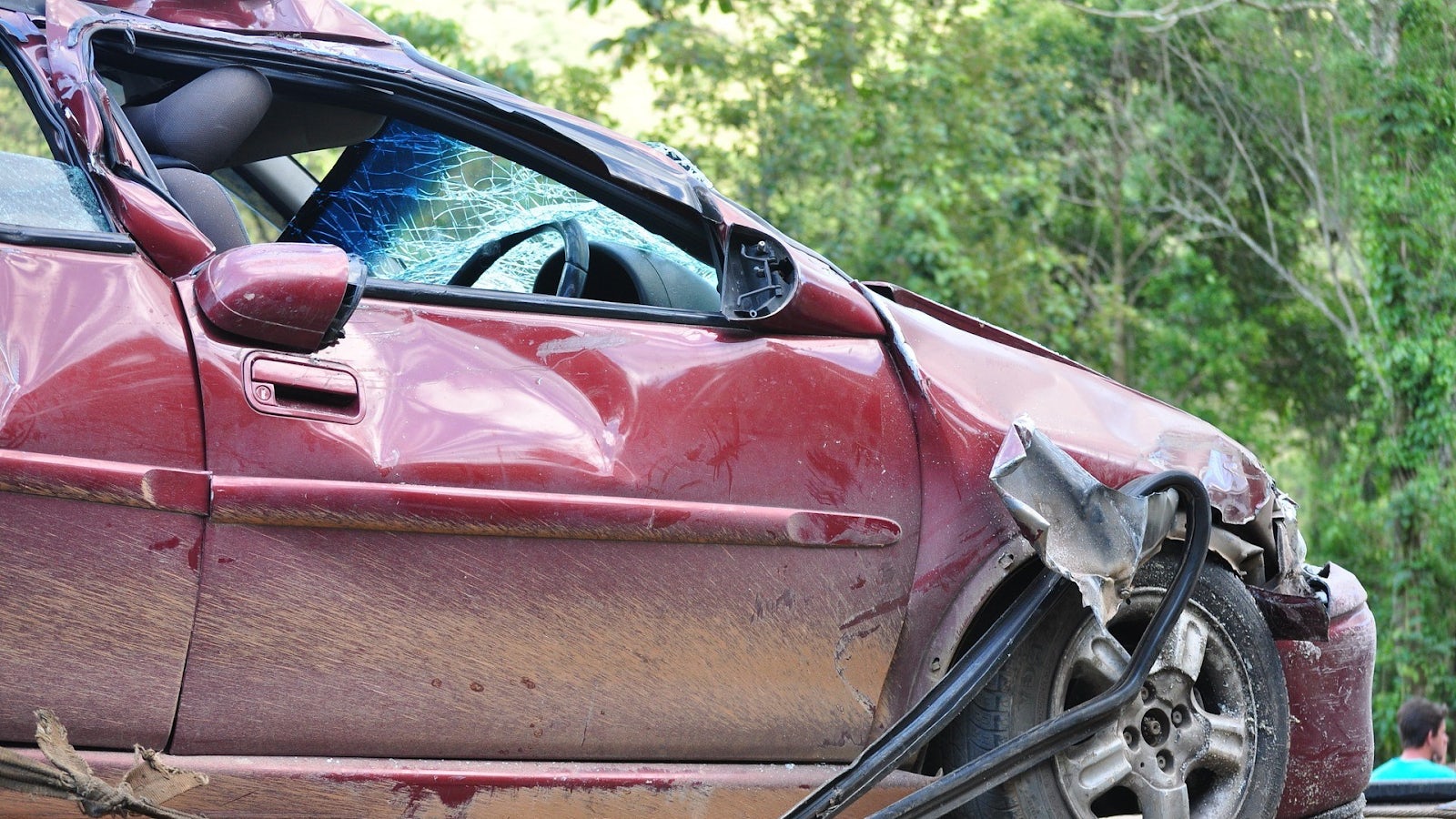
The safest BAC is always 0. The best solution is not to drink at all when planning to drive because any amount of alcohol affects your ability to drive safely. If you are going to drink, arrange another means of transport.
How does alcohol affect your driving?
Alcohol is a depressant that affects your driving ability by:
- Making you tired
- Making you overconfident and risk-taking
- Making you less able to stop or swerve in an emergency
- Reducing your ability to cope with several things simultaneously, such as responding to traffic signals or avoiding pedestrians on the road.
- Reducing your ability to judge distances
- Reducing your ability to judge your own and others’ speed
- Affecting your balance and coordination
- Slowing your brain functions and reflexes
Don’t drink and drive!
What are the penalties for drink driving?
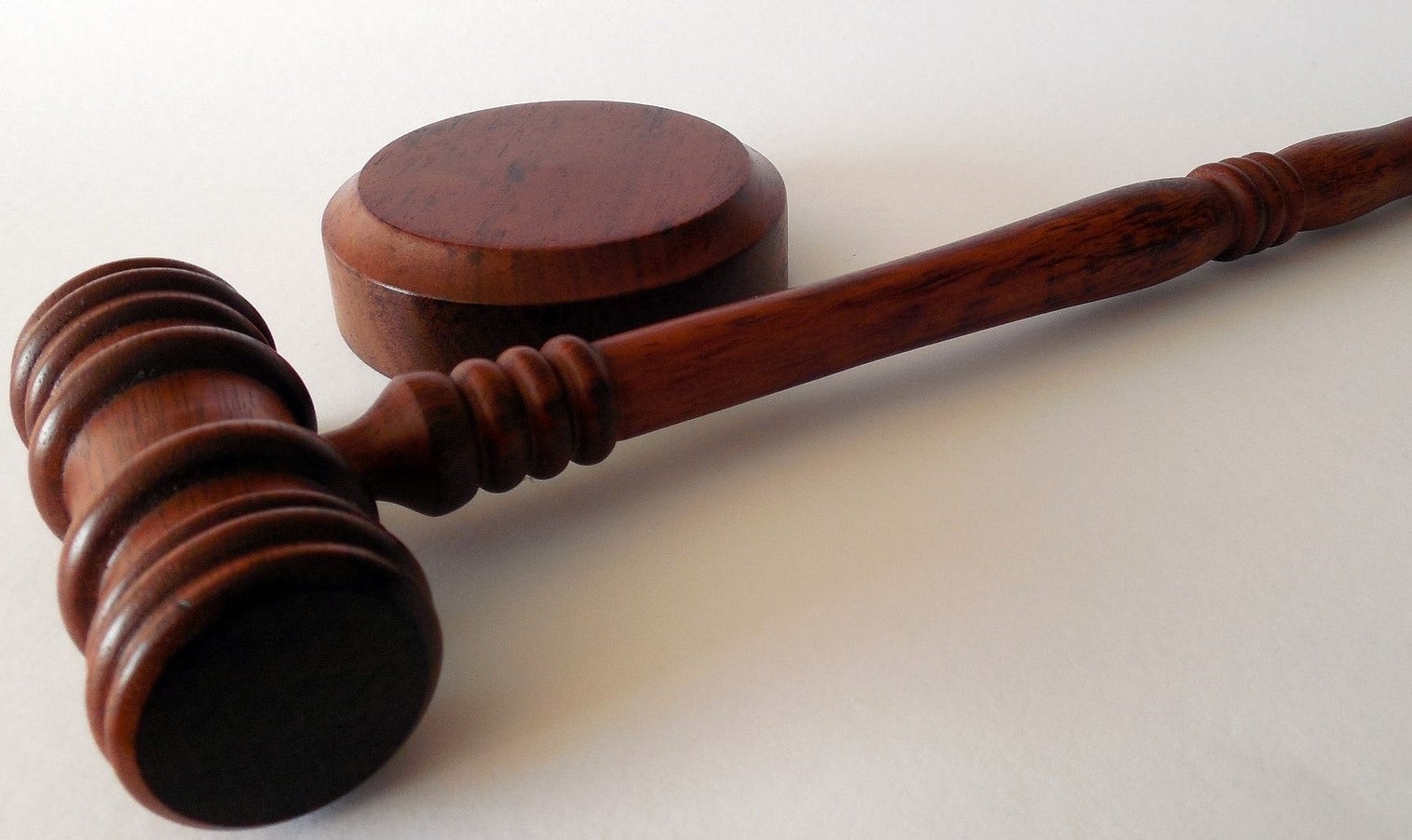
You could be imprisoned, banned from driving and face a fine if you’re found guilty of drink-driving. Driving or attempting to drive while above the legal limit or unfit through drink can incur:
- 6 months’ imprisonment
- an unlimited fine
- a driving ban for at least 1 year (3 years if convicted twice in 10 years)
A conviction for drink-driving also means:
- your car insurance costs will increase significantly
- if you drive for work, your employer will see your conviction on your licence
- you may have trouble travelling to countries like the USA
What is BAC affected by?
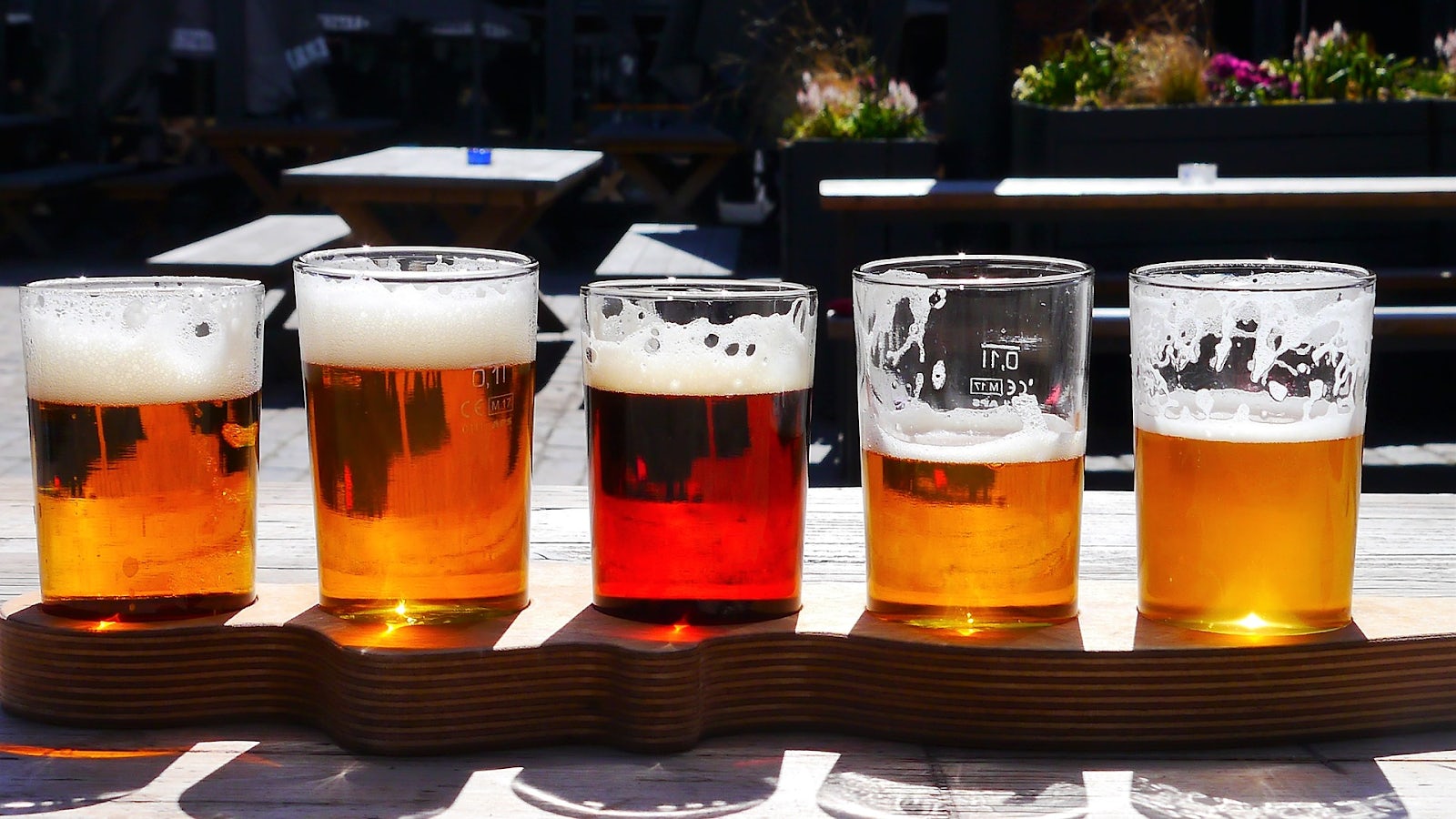
There are many different ways in which alcohol affects people. Drinking the same amount of alcohol on different days can result in different BAC levels. Some of the factors affecting the BAC level include:
- type of alcohol - the greater the alcoholic content of the drink(s), and the faster you drink, the quicker you will reach a higher BAC
- the time since the last meal - studies have shown that food slows down the absorption of alcohol. This means that if you drink on an empty stomach, you will reach a higher BAC faster than if you had had a large meal before drinking
- condition and health - depending on your health, the body may be more or less able to process the alcohol you drink
- body size - a person of large build and one of a small build drinking the same amount will result in a higher BAC for the smaller person
- gender - a woman and a man of equal size drinking the same amount of alcohol will result in a higher BAC for the woman

How can I reduce the BAC level?
There are several things which can make a person feel more alert, but all fail to reduce the BAC level in your blood. The BAC level won’t be affected by coffee, a meal, fresh air, showers or even by throwing up. It might make you feel better, but doesn’t sober you up!
The only thing that will sober you up is time.
Keep in mind that if you had a lot to drink the night before, you are likely to still have alcohol in your blood the next morning, and sometimes even the next afternoon. A common mistake people make is to assume that a few hours of sleep will get rid of the alcohol in your blood.
Taking a car to a friends place for a night involving heavy drinking means you will likely need to take a taxi back home the next morning.
Breath/blood testing
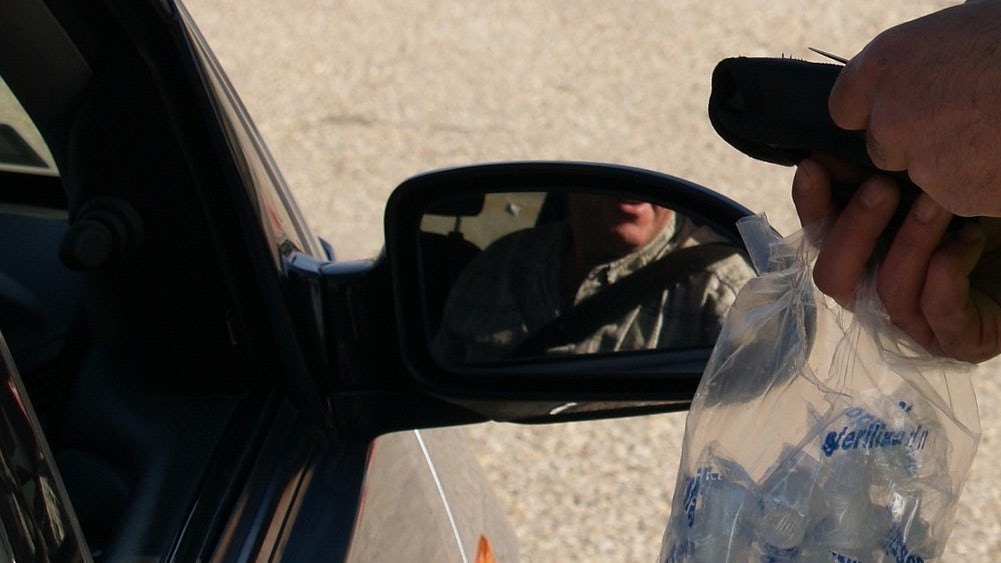
The police can stop you at any time and ask you to take a breath test (‘breathalyse’ you) if:
- they think you’ve been drinking
- you’ve committed a traffic offence
- you’ve been involved in a road traffic accident
If you refuse to take a breath test, or fail to supply a sample of breath and don’t have a ‘reasonable excuse’, you can be arrested. It is an offence to refuse to take a breath test - refusing can lead to 6 months imprisonment, an unlimited fine and a 1-year driving ban.
